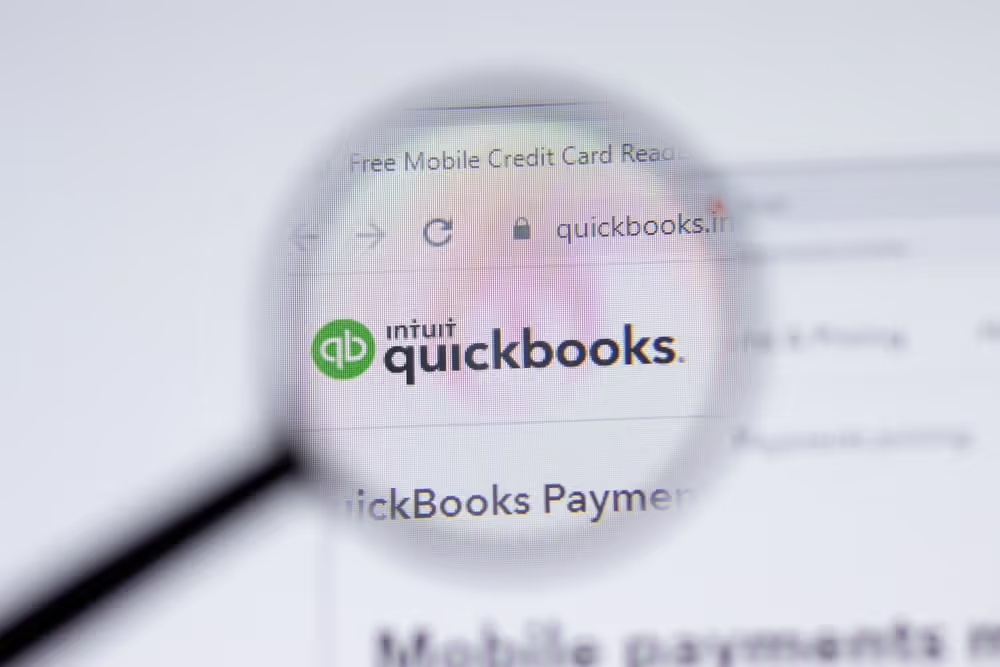The Tax Extension Deadline Is Approaching: Make Sure You Don't Miss It with These Tips
If you were unprepared to file your tax return in April, you likely requested a tax extension. This pushed your new filing deadline out to October 17th (as October 15th falls on a Saturday this year). However, that deadline is now little more than two weeks away, and if you haven’t yet filed, you won’t have the option of extending your due date again. So, it’s extremely important that you not miss this deadline, and the best way to ensure that doesn’t happen is by starting to prepare now. Keep reading to get some tips on how to get yourself—and your tax return—ready before the deadline.
Determine What Documents You Still Need
Documentation is usually one of the biggest hang-ups for tax filers. Perhaps you don’t know where all of your documents are, or maybe you don’t even know which ones you need. Whichever it is, the best time to start sorting that out is right now. While the exact documents you need will vary widely depending on your income, expenses, and personal circumstances, the best way to start figuring out what documents you’re missing is by listing out all of your income sources and the deductions you hope to take. This will help give you an idea of what you’ll need to gather to file your return. Here’s a list of common tax documents that taxpayers often need:
- W-2s
- Various 1099s (1099-G for unemployment, 1099-MISC for self-employed income, 1099-DIV for dividends earned, etc.)
- Mortgage interest statement
- K-1s for any businesses in which you are a partner
- 1040-ES (if you made estimated tax payments for a business during the year)
- Records of income and expenses for rentals
- Receipts for deductible expenses (business expenses, energy-efficient home improvements, charitable contributions, etc.)
- Financial statements for your business
- State tax refund
Once you have determined what documents you still need, it’s time to start gathering them. Print out bank statements, reach out to charities to receive records of your donations, and so on. If you’ve misplaced any official tax forms from the IRS, you can still fill out your return using earnings statements, paystubs, and other records that show your income and withholdings. For example, if you lost your W-2, you can use your paychecks to report total gross income and your payroll deductions to fill out Form 4852, which will be submitted with your federal tax return as a substitute for your W-2.
Verify All Personal Information
You might not think that your personal information is something that you need to spend time gathering or going over. However, when they’re in a rush to meet a tax deadline, many taxpayers make mistakes with these areas of their tax forms. They might skip over their dependents’ Social Security numbers, planning to find that information later, then forgetting. Or, they might enter a birthdate incorrectly for a child, their spouse, or even for themselves. It’s extremely important that you double check all personal information on your tax return before filing. This includes verifying the following information:
- Social Security numbers for yourself and all dependents
- Birthdates for yourself and all dependents
- Routing and account numbers if using direct deposit for your tax refund
- Your current address (especially if you’ve moved recently)
- Number of eligible dependents (make sure that older children are not claiming themselves as independent in the same year you’re claiming them as a dependent)
Verifying all of this information usually only takes a few minutes, and it can save you from having your tax return rejected for a simple error.
E-File Your Tax Return
It’s no secret that e-filing your tax return is faster and easier, and when you’re inching closer to a tax deadline, fast and easy is exactly what you want. While it’s true that mailed tax returns only need to be postmarked by the deadline (not delivered to the IRS), confusion over post office hours, as well as when your mailed letter will actually be picked up and postmarked, has caused more than one taxpayer to be later filing their returns. E-filing gets your tax return to the IRS in a click, and provides you confirmation of its delivery.
Work with a CPA
Finally, one of the best things you can do to get your tax return filed on time is to work with a CPA. We have the experience needed to rapidly prepare and file a tax return so you can avoid late filing penalties. Schedule a consultation with us today, and bring any documents you’ve already gathered. We’ll go over what documents you still need to collect, and start preparing your return right away. If you haven’t filed your return, contact Demian & Company CPAs to schedule an appointment with one of our tax preparers and get your return filed as soon as possible.
%20(1).avif)
Peter Demian is a highly-rated CPA specializing in accounting and tax services for individuals and businesses across 49 states. He offers expertise in tax strategies and assistance with IRS settlements.


.svg)





